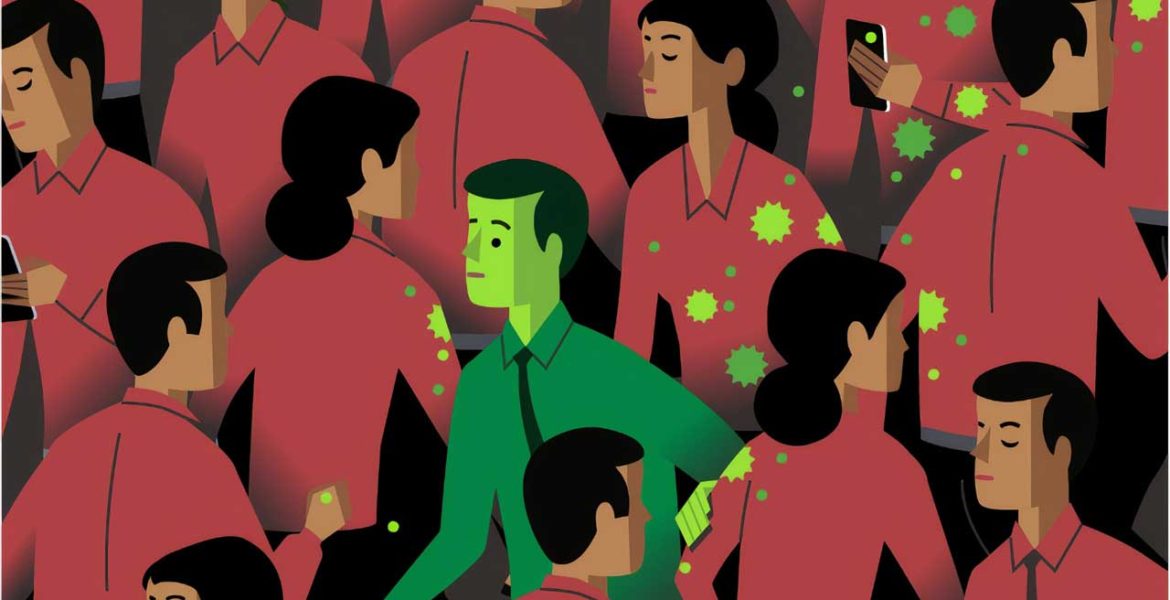Contact tracing, economic and environmental impacts, optimization of logistics, and more. Data is at the heart of the COVID-19 crisis, from its management to its resolution. It’s important to recognize that the data in question can be highly personal and sensitive.
This crisis had a sudden, global impact, revealing challenges across all geographic areas at the same time. This became a moment of truth for cultural reflexes and their geopolitical strategies. We have observed the vast difference in relationships that major areas have, including Asia, Europe and the United States, when it comes to cutting edge technology and leveraging data in a privacy-safe, compliant way.
Observing the adoption of technology in Asia
In China, Singapore and (to a lesser extent) South Korea, we observe a lack of discussion around centralized and intrusive systems on the grounds of the common good. China is a perfect illustration of this unique network between the public sector, start-ups and tech giants.
A prime example of this can be seen through the Alipay (Alibaba) and WeChat (Tencent) applications that deliver health passes to citizens in the form of QR codes which can be scanned by authorities. The enlistment of all the major tech players in this crisis is the continuity of a long-standing process. Although the political regimes may differ, the same vision prevails, amplified by the high adoption of technology and the experience of major epidemics.
In China, there is an existing twofold objective with technology: to tighten its grip on society and build a cutting-edge digital economy. We have already seen this level of adoption for technology. Mobile payments and the overall emphasis on ecommerce with companies like WeChat have fully integrated itself into consumers’ lives, resulting in large volumes of consumer data available. As consumers become even more comfortable sharing their highly confidential health information, businesses can continue to use this data and the cultural shift to create better consumer experiences as they refine their digital economy even further.
Europe’s technological sensitivity
Following final approvals from Parliament, France launched a coronavirus-tracing app that would gather citizen data. The tracing app software caused long debates, especially among Google, Apple, and EU governments failing to agree on a centralized or decentralized model.
The initial reluctance could have subsequently hurt further forms of innovation, and we may see slower advancements and digital transformation efforts. This was seen in the delayed, or halted, roll-outs in countries such as Germany and Norway due to issues with privacy and data protection. To stay ahead of the curve, businesses within Europe need to be cognizant of any technological efforts that consumers will be accepting of.
The United States and the reign of tech giants
If the EU is representing one end of the spectrum, with Asia on the other, the United States is finding the right balance for itself regarding the sensitivity of the general public to privacy. Pragmatic and capitalistic culture gives corporations an opportunity to set boundaries. And sometimes go beyond them.
Currently, contact tracing and other COVID-19 data efforts are being led by private actors who put their power at the service of the health emergency… and might benefit from these efforts in the long run. As a matter of fact, we’ve seen previous interest from Google within the healthcare market, starting with its Project Nightingale. Recently, a bill was introduced to the Senate in an attempt to provide more transparency, choice and control over the collection and use of data in regards to contact tracing.
The rollout of contact tracing apps here has been stifled by other circumstances like a lack of involvement from the federal government. State-run programs are not gaining much ground yet.
However, the opportunity is there for tech to flourish. Back in March, Google launched a COVID-19 page and search portal to offer stats, tips and other resources around the pandemic, starting with a US-focus. This US initiative went on to see success in the EU and other regions, but not without its fair deal of questioning and concern.
Emerging technologies that are centered on data can have powerful positive impacts without disrespecting private life. The crisis has highlighted three clear power struggles deeply inscribed in three distinct cultures. While none are guaranteed to last, we must not ignore the technical, philosophical and political dimensions at play.

